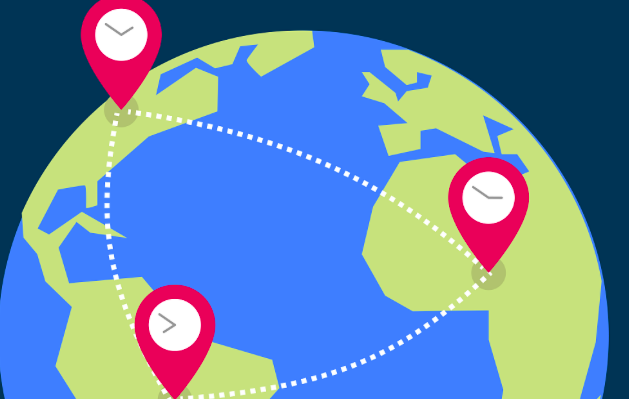Don't you want to go somewhere when it's sunny? There is also the joy of traveling abroad, but each country finds various information such as precautions, things to take care of, and actions not to do.
Especially, it's not easy to solve a problem unless you have fluent language skills, so we have to find out in advance to prepare for the situation.
Today, among the things to prepare, I would like to introduce you to be careful about when taking the medicine prescribed by the hospital overseas. There are many problems at the airport due to medicines, so if you have to take the medicine you usually take, please check it before traveling and prepare it.
1. an English prescription

If you are planning to travel abroad, you should prepare a prescription for the medicine you take at the hospital in English. This is to check what diseases you take at the airport and whether it is a drug that can be brought in. If you don't have an English prescription, you may be restricted from bringing in drugs, so you should pay special attention.
In addition, if you have an English prescription when visiting a local hospital due to sudden deterioration of symptoms, you can get a quick and accurate diagnosis and solve the symptoms without explaining in detail, so if you are old or suffering from a disease, please visit the hospital in advance to prepare for a sudden situation overseas.
When issuing an English prescription, your passport information and prescription information must match, so please check carefully to see if your English name is wrong and receive it.
2. More than usual

If you are suffering from a chronic disease or are taking medicine every day, it is recommended to prepare more than usual medicine when traveling abroad. In particular, if you use a syringe, it is not easy to obtain a syringe locally.
In addition, since you don't know when and when it will occur, such as high blood pressure and asthma, you should prepare more than usual so that you can take it in case of an emergency. In particular, it is not as easy to purchase overseas as it is in Korea, or there may be expensive medicines if prescribed locally, so please prepare a sufficient amount of medicine in advance to prepare for various situations.
3. Wrapping Paper

Some of you might think that you should open the packaging container that you give when you are prescribed medicine at the hospital and put it in a medicine box that you can take easily.
It's less bulky and can be carried easily, but it can reduce the effectiveness of the drug, and if there are many drugs, there is a risk of mixing with other drugs. Also, it's hard to check the precautions when taking it, so it's better to take the same medicine you received for the first time. So, even if it's a little inconvenient, you should take the medicine as it is in the original packaging container, but you should separate it into a zipper pack or a waterproof pack so that you can take it. When storing medicine for travel, keep it at a cool room temperature without moisture and not in a window with direct sunlight.
4. Time difference

If you visit a travel destination with a time difference of more than 6 hours, it is recommended to set the dosage according to the local time before traveling.
In particular, people with diabetes should take insulin, but they should check whether it is faster or slower than Korea and administer the amount according to the time spent during the day when they arrive in the local area.
It's your first time traveling to a place with a time difference of more than 6 hours, so if you're not sure how to take the medicine, it's safe to get help from the hospital, and it's good to adjust the amount you need using your personal blood glucose meter, right? For those who are taking medicine every day, such as high blood pressure or pain medication, it is also recommended to check when it is convenient to take it in local time and adjust it in advance to make it easier to take it.
5. General medicine

If you buy medicines that are sold for emergency use at pharmacies, not those prescribed by hospitals, and take them when you travel abroad, there are areas where you are prohibited from bringing them in due to the ingredients contained. Typically, in the United States, all prescribed or general drugs are prohibited from being brought in, except for FDA-approved drugs, but drugs that must be taken personally can be brought in with English prescriptions.
Of course, drugs containing narcotic ingredients cannot be brought in, but there may be other ingredients that cannot be brought in from each country or medicines themselves, so if you want to check in advance, you need to check which drugs can be brought in through a health institution, right?